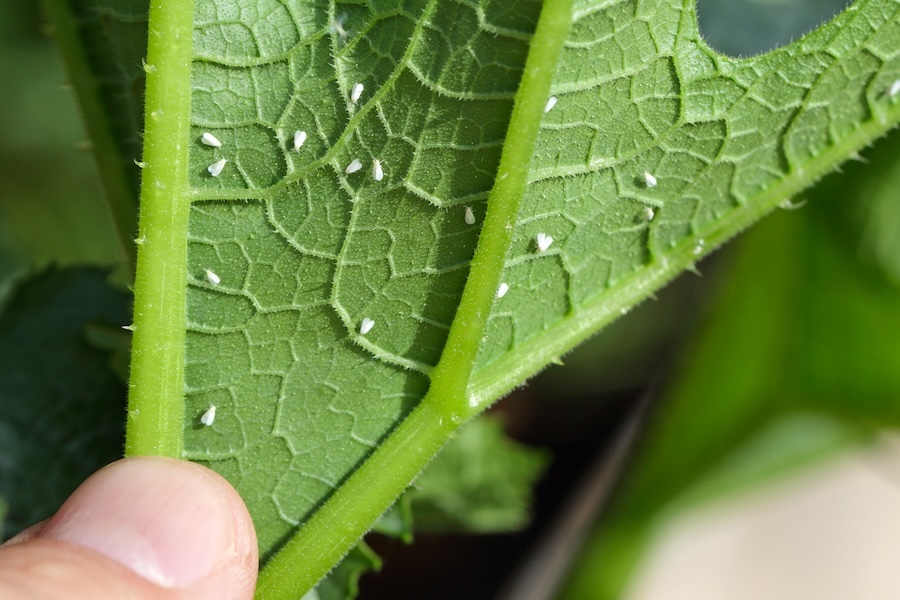Look around this week and you may see many Georgians sporting some itchy mementoes from last weekend’s barbecue or softball game. Along with later sunsets and swimming pool temperatures, these early summer weeks have also brought mosquitoes back to Georgia in a big way.
While entomologists don’t think the state will see a surge in West Nile Virus cases early this summer, they are projecting healthy populations of nuisance mosquitoes — those that are more annoying and disruptive than dangerous.
Georgia is home to 63 mosquito species, most of which fall into the nuisance category. Eliminating larval habitats, where possible, is the key to reducing populations and defending your summer afternoons.
Mosquitoes need standing water to reproduce, so eliminating sources of standing water in yards and landscapes will go a long way to knocking down populations locally, said Elmer Gray, an Athens-based UGA Extension mosquito specialist.
“You need to be diligent about getting outside and dumping all of those containers out because that’s the biggest source of habitat around our homes,” Gray said. “Here in north Georgia our biggest mosquito problems are the ones we grow ourselves.”
Be on the look out for abandoned planters and flowerpot saucers, mop buckets, toys, overturned Frisbees and anything else that can hold water. Larvicidal briquets are available to treat water gardens, rain gardens, clogged drainage ditches or any other permanent landscape feature that holds water for more than a week.
Keeping grass trimmed and the vegetation around the borders of the yards cut back can also help reduce the areas where adult mosquitoes hide during the heat of the day, Gray said.
In some areas, including many regions of south Georgia this year, flood water mosquitoes — those that develop in the puddles and seasonal wetlands left by heavy spring rains — are having a great year. There’s not much individuals can do about these mosquito populations, so some south Georgia residents might have to take other steps to limit their exposure.
Mosquitoes are most active at dawn and dusk, so people may want to stay inside during those times to avoid bites. Gray also recommends checking, repairing and replacing window screens at this time of year to keep mosquitoes from making their way inside.
Wearing light-colored clothing will help keep mosquitoes at bay, but the most effective thing people can do to protect themselves is use insect repellent whenever they’re outside in a mosquito-prone area — like on a ball field, out in the yard or out in the woods, Gray said.
There are several commercially available, EPA approved repellents, like picaridin, lemon eucalyptus oil and IR3535. Gray prefers products with DEET because they have been tested and proven safe for children as young as two months old.
A product with a 10 percent to 30 percent concentration is good and protects for a several hours. Gray said.
“Products containing DEET are still the best choice for young children,” Gray said. “When treating children, an adult should apply the repellent to his or her hands first and then rub the repellent onto the child’s exposed skin, but never to a child’s hands.”
Small children have a habit of sticking their hands in their mouths, and if they apply themselves there’s a good chance they’ll ingest some of it, he added.
Pet owners should also take time this spring to make sure their pets are up-to-date on heartworm preventative treatments.
In addition to spreading West Nile Virus and other human ailments, mosquitoes transmit heartworms to dogs and cats. Veterinarians recommend keeping pets on heartworm preventative medication all year, but if pet owners have let this slip, not is the time to treat.
For more information about mosquito control, search the UGA Extension publications website for stinging and biting pests at extension.uga.edu/publications.




.png)


